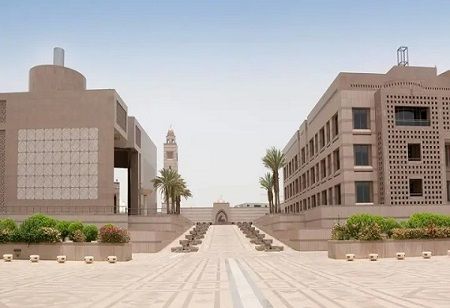- Saudi Arabia restructures higher education, prioritizing arts, tourism, and theater.
- Religious studies phased out except at select Islamic universities.
- Reforms spark debate over impact on future religious leadership and Islamic education.
Saudi Arabia is undertaking a major overhaul of its higher education system, gradually phasing out religious studies programs in favor of disciplines such as arts, tourism, and theater, according to Shia Waves Persian, citing multiple reports and leaks. The initiative is reportedly being implemented under the direct supervision of Crown Prince Mohammed bin Salman and accompanied by strict security measures.
Sources cited by Al-Jami’at and Saudi whistleblower Mujtahid indicate that secret planning sessions have been held in recent months. The plan involves merging all theoretical faculties, including religious studies, into a single 'Humanities' faculty. Only a few universities, such as Imam Muhammad ibn Saud Islamic University and Umm al-Qura University, along with select Islamic institutions, will be allowed to offer limited religious programs.
The reforms also outline measures for universities that resist the changes: the Sharia discipline could be reduced to a small department within the law faculty, while some religious colleges may face restrictions on their names and activities. Abdullah Mohammed Al-Bunyan, formerly of SABIC, has been tasked with implementing the Crown Prince’s directives.
Also Read: Mediacorp Cuts 93 Jobs Amid Media Shake-Up
Experts and social media sources have warned that this move could weaken Saudi Arabia’s influence in religious education, potentially benefiting institutions in Egypt, Turkey, and Malaysia. Critics question the justification that the reforms are aligned with labor market needs, pointing out that large-scale projects like NEOM and Trojena already place significant strain on university budgets.
The restructuring, which emphasizes arts, music, and theater while reducing the role of religious studies, has sparked debate across regional academic and religious circles. Observers caution that it may undermine the kingdom’s ability to train future religious leaders, reshaping the landscape of Islamic education in Saudi Arabia.

